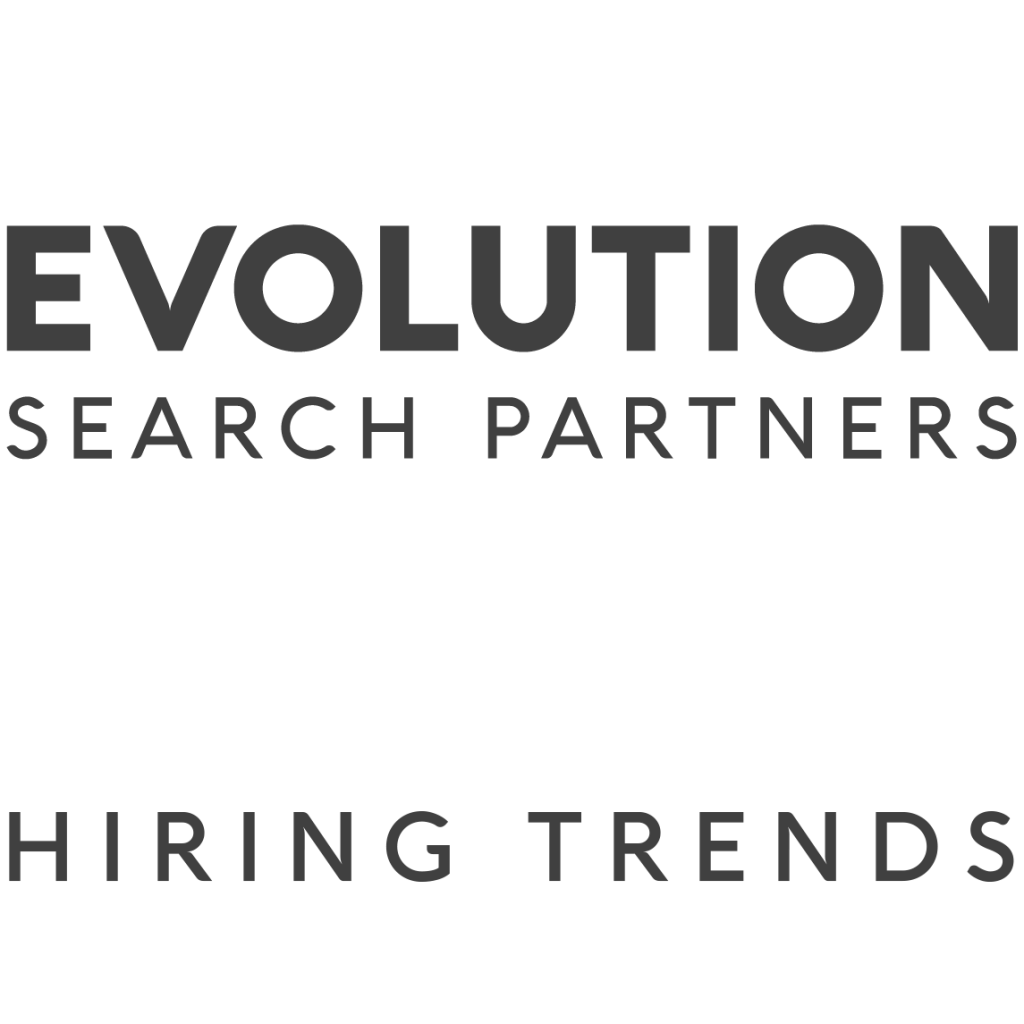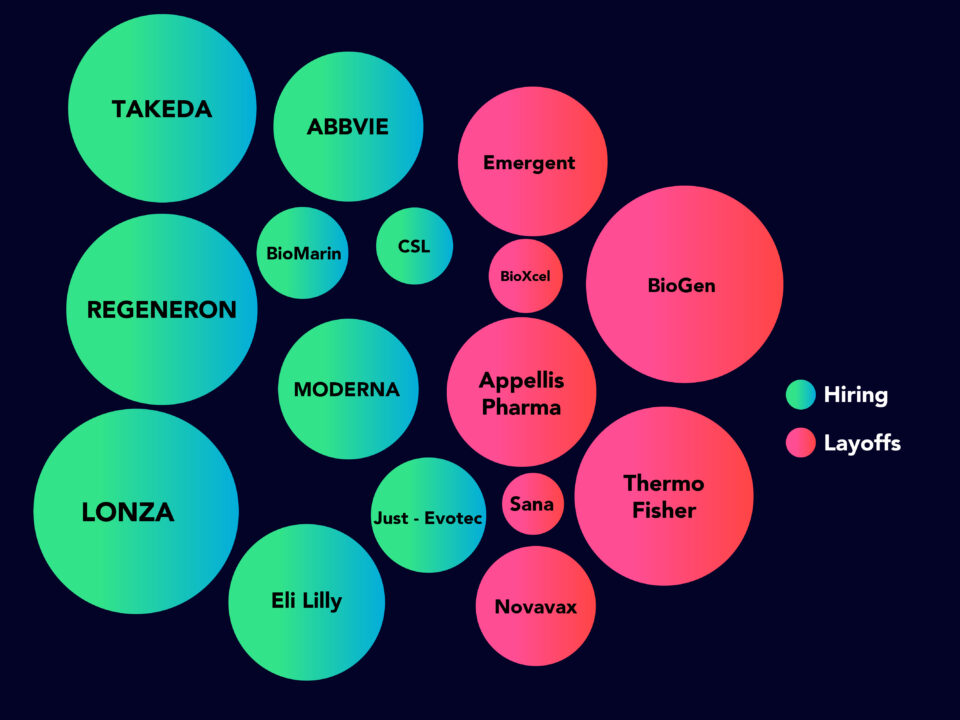
Predictive Talent Dynamics, CDMO Sep 22
September 22, 2022
Predictive Talent Dynamics, CRO Oct 22
October 28, 2022
Predictive Talent Dynamics, CDMO
October, 2022
Predictive Talent Dynamics: Monthly Report
Introduction
Insight into Hiring Trends
The following briefing provides insight to global Bio hiring trends and perceived implications on the future-facing competitive talent pool.
Hiring frequency was assessed for all major industry players across biomanufacturing. Data segmented for Manufacturing (CDMO,) Cell and Gene Therapy, Contract Research Organisations (CROs,) Pharma and more general biomanufacturing.
Methodology
Aim
To measure, model and predict ‘supply versus demand’ of Biomanufacturing talent across the global CMO, CGT and Pharma sectors.
Research Partners
Evolution Search Partners; University of Dundee; University College London (UCL.)
Purpose
To provide analytical strategic intelligence to industry leadership to allow future facing workforce planning, aligned to support capital expansion project decisions, recognising the value of human assets in the economic success of the firm.

The Effect of Talent Shortage
Short-Term
There is evidence that the bioprocessing sector is experiencing operational and staffing problems directly related to an increase in activity and demand. All sectors are experiencing an increase in R&D, manufacturing & production, with a shifting of resources towards responding to the pandemic Most bioprocessing-related industrial activities are considered ‘essential’ and continue largely unaffected in terms of operations and output, while many are planning to ramp-up R&D and manufacturing. While there are many near-term changes in onsite staff management, broader business plans are generally not affected in the near-term.
Long-Term
Specific to Biomanufacturing talent, CMO and Pharma companies can no longer wait to develop talent strategies. They already have job openings they cannot fill, and the gap is widening as megatrends disrupt and transform biomanufacturing. Adopting talent management programs and processes will help manufacturers attract and retain workers with the desired skill sets. This is a challenge that requires flexibility and insight. And the stakes are high. Manufacturers with an engaged and skilled workforce will be more likely to enjoy a successful and sustainable future.



The Effect of Talent Shortage
Short-Term
There is evidence that the bioprocessing sector is experiencing operational and staffing problems directly related to an increase in activity and demand. All sectors are experiencing an increase in R&D, manufacturing & production, with a shifting of resources towards responding to the pandemic Most bioprocessing-related industrial activities are considered ‘essential’ and continue largely unaffected in terms of operations and output, while many are planning to ramp-up R&D and manufacturing. While there are many near-term changes in onsite staff management, broader business plans are generally not affected in the near-term.
Long-Term
Specific to Biomanufacturing talent, CMO and Pharma companies can no longer wait to develop talent strategies. They already have job openings they cannot fill, and the gap is widening as megatrends disrupt and transform biomanufacturing. Adopting talent management programs and processes will help manufacturers attract and retain workers with the desired skill sets. This is a challenge that requires flexibility and insight. And the stakes are high. Manufacturers with an engaged and skilled workforce will be more likely to enjoy a successful and sustainable future.










